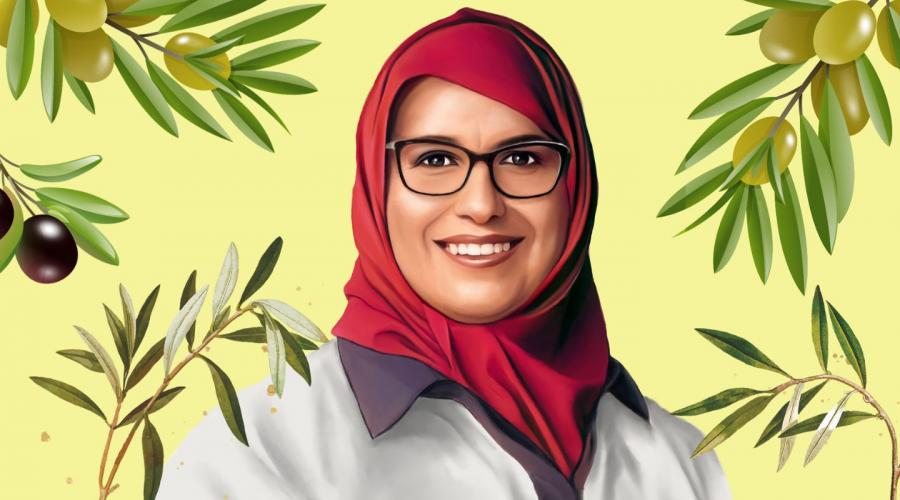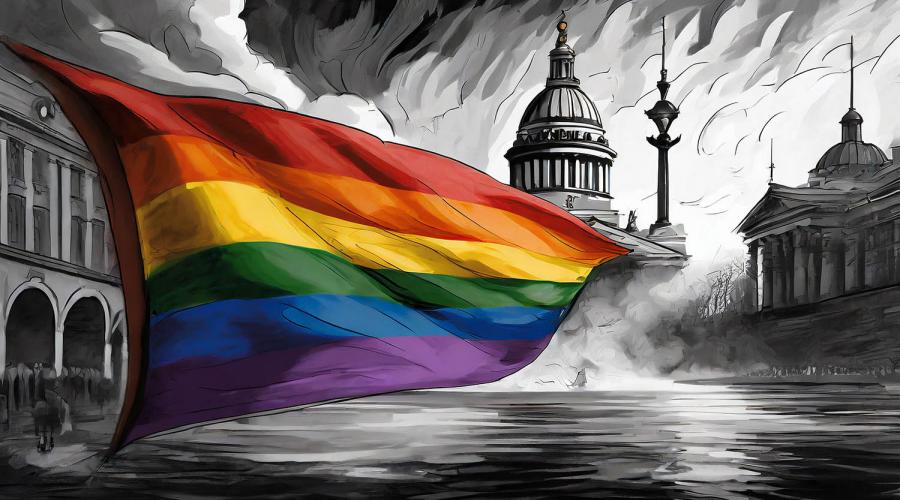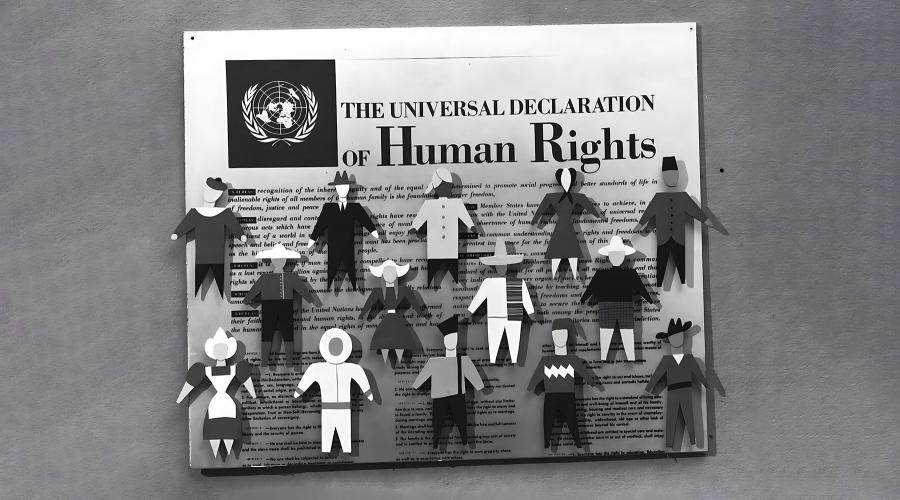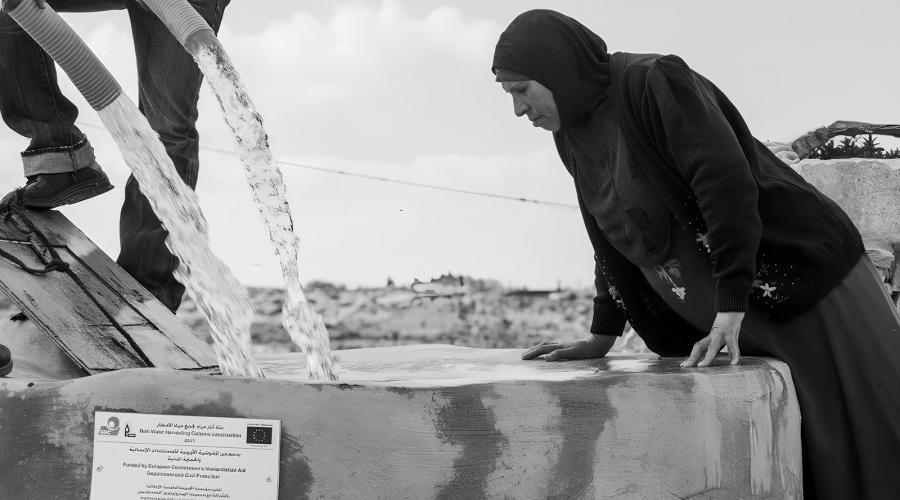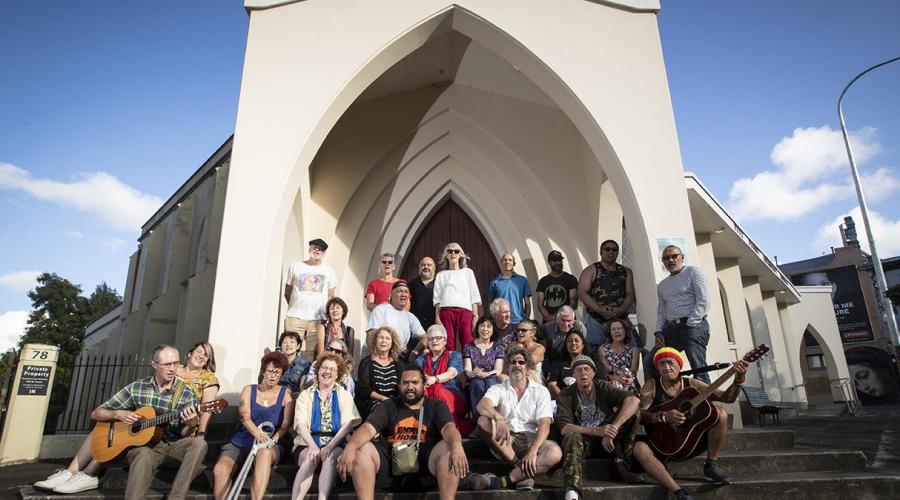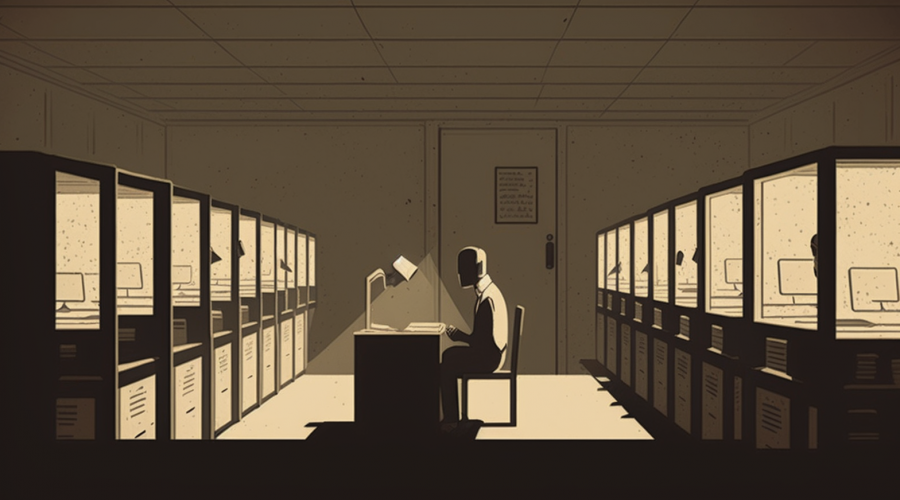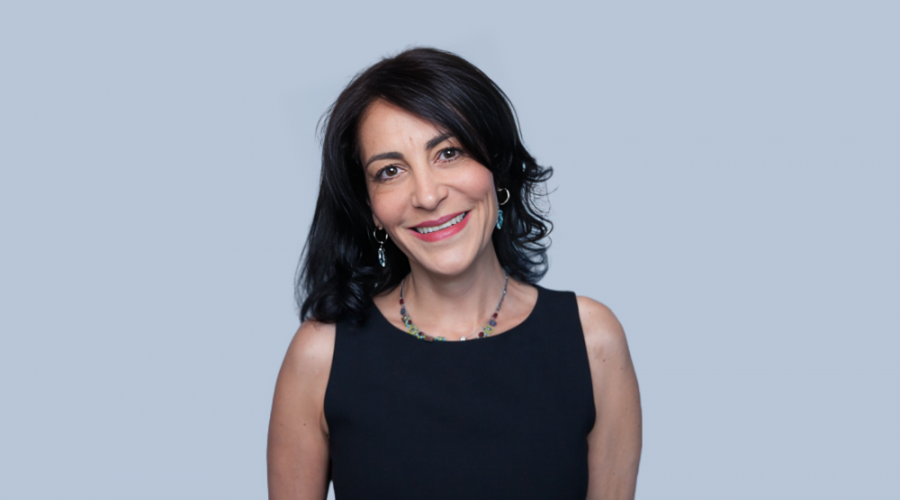Valenciá De'La Clay-Bell's GrowCery Garden provides 'virtual resources to grow beyond creative barriers'
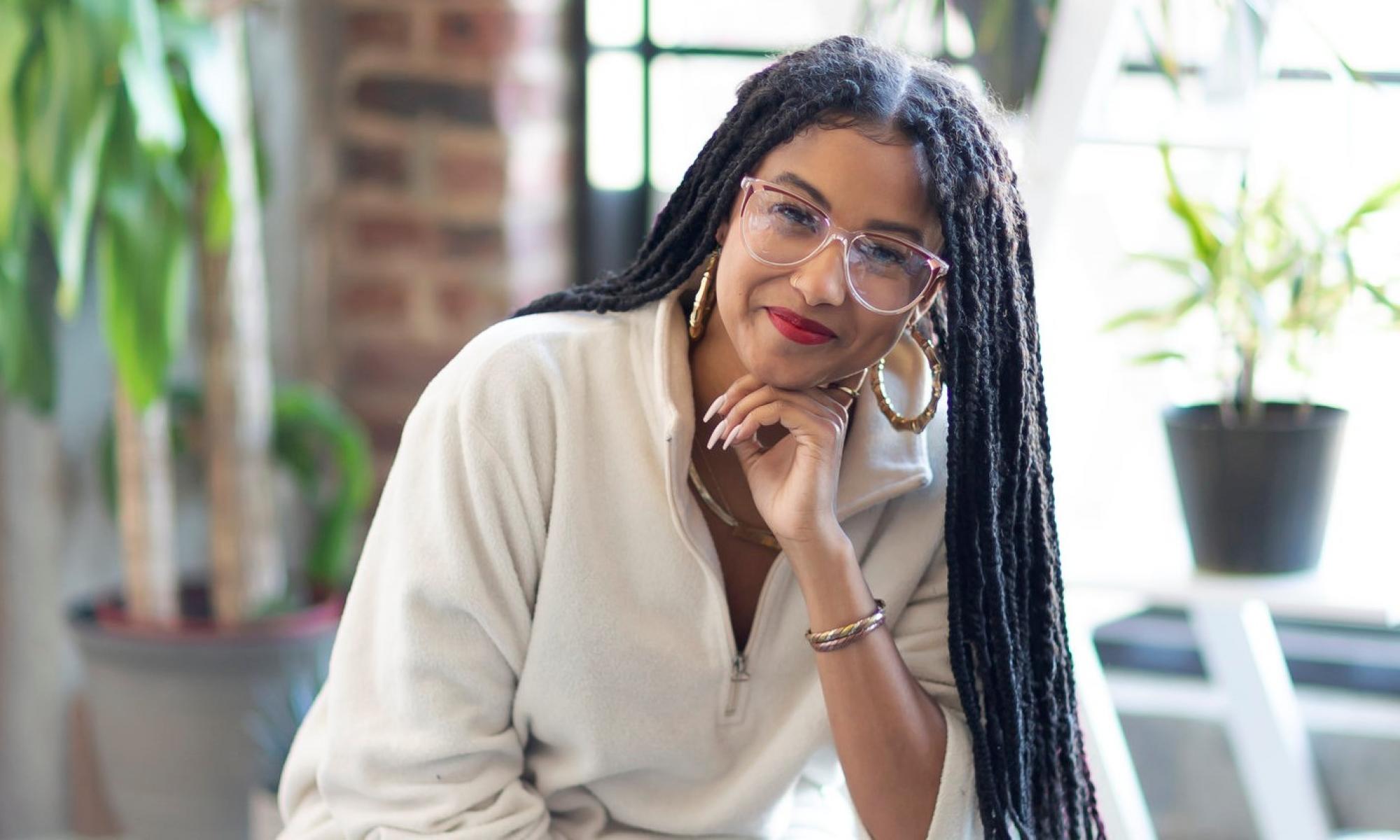
Photo by Taylor Baldwin
In the field of mental health we confront so many unmet needs. We experience them personally or we observe them with compassion and wonder what to do. Changemakers are individuals for whom the problem becomes a calling. Unstoppable, they find what they need and they build some missing piece of the solution. Mental Health Changemakers is a series of interviews with individuals and grassroots organisations who work at the intersection of vision, practical skills and determination. These are the people whose innovations give us those eureka moments: yes, of course!
Valenciá De'La Clay-Bell grew up in New York and graduated from Johns Hopkins University. As student and then as an educator, Valenciá learned to find for herself the resources that she needed to flourish. Looking around, she realised that her needs were widely shared. From teaching, her work evolved to enabling the literacy and learning of other educators, professionals and students. The GrowCery Garden grew from her community's ongoing exchange of knowledge, and their experience of unmet needs. Valenciá now researches neuroeducation, the science of human growth and brain development. In her blog, she describes herself as "a symbol of liberation, who plans to continue innovating and serving in education, from her heart to the world, for years to come."
Valenciá, your story is remarkably full! With so many undertakings, how do you introduce yourself?
Hi, my name is Valenciá De’La Clay-Bell and I am an author, educator and co-founder of the GrowCery Garden, a growing hub of resources for creatives who have trouble with managing creative projects.
The GrowCery Garden responds to one of those questions that many of us wouldn't think to ask. How did you realise that there was a need? What inspired you to do the work you do?
The work I do was inspired by three different spheres. First, my own personal educational journey as a learner, all throughout my career as a student. And now as a research student, I struggle a lot with procrastination and with focus. So I started with trying to figure out what I needed. This allowed me to see that my students also needed [these resources]—middle-school students that I used to teach, students I taught as a professor and my peers, other creative artists who are also scholars.
From the conversations and patterns that you see, can you highlight one of the consistent needs, and the response that the GrowCery Garden has developed?
One of the problems that research shows in the mental health space today is that educators are not being prepared to adequately serve students with ADHD and other learning disabilities, special needs—things of that nature, just trying to say it in a really plain way. Teachers need more training on how to support students when they are managing mental health issues. Because having students do assignments—specifically, assignments that require self-regulatory learning and executive functioning—requires that educators are trained on how to support students with self-regulatory learning and executive functioning.
The effect of not having this support from educators during traditional learning experiences has a negative impact on learners in their adulthood. This is why GrowCery Garden provides creativity and productivity resources and strategies. We are hoping to fill our community's self-regulatory learning and executive functioning needs.
We're writing about changemakers—people who see what needs doing, and do it. Or, people who encounter an absence of support, and build that support for others. You seem to be a changemaker from experience. Can you share one of your formative mental health challenges and how you overcame them with us?
A mental health challenge that I experienced personally, is actually a challenge that was so ongoing, it would be too much to say here. It involved depression diagnosis, anxiety diagnosis, and really just a lot of trauma that I needed to work on personally. And the hardest thing about that was that it impeded on my ability to be professional in my work.
So I was actually really fortunate that I'm able to take a rest and still be able to be comfortable in my home. A lot of people don't get to rest. They have to work on their own jobs. They don't get to take care of themselves, or find a new job that allows them to be able to do their work and still take care of themselves better. So, I'm fortunate enough that I was able to put my mental health as a priority and still be able to be in a good standing in my life today. Personally, I do think that's something that we need to do more of—making sure that people can be comfortable, working on themselves and being able to still sustain their good quality of life.
Valencià De'La Clay-Bell
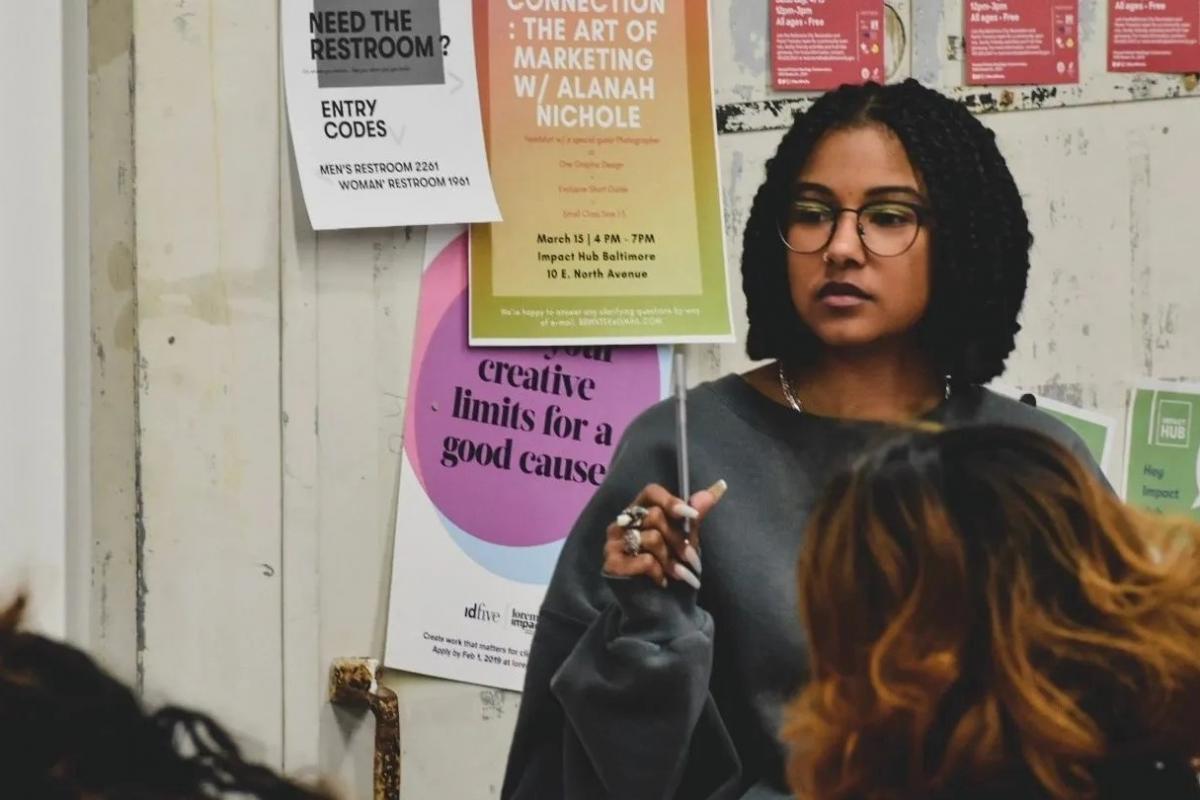
Valencià De'La Clay-Bell is an educator, author and co-founder of the GrowCery Garden. Photo by Jasmine Campbell.
I overcame all of my tough times, I think, at the moment when I started reaching out to professionals. I think it's so important that I tell this part of the story. I didn't do that on purpose. I did not reach out to mental health professionals on purpose. Some of the mental health professionals I reached out to [are] social workers by nature, but they were godmothers and aunties. Others were through my workspace, where I had the executive director of a school that I worked in literally take me by the hand to the hospital so that I could see the mental health professionals that I needed.
So I would tell people to seek professional help, even if you don't know when or where to start. Start with googling professional things, professional ways, professional—because professionals are experienced and trained. I'm not saying to trust them with your everything and not to seek second opinions or anything. Like, I'm not going that deep. But what I really am saying is that this mental health stuff that we experience—we don't have to be alone in it. We can learn as much as we can about it from people who know about it and who are in their positions to actually teach us about it.
And I'll also add that when you go to see a professional, make sure you do the work of learning about whatever they diagnose you with, if you get diagnosed with something [or] if you don't. But just make sure that you're educating yourself on anything that you are experiencing. You should seek support, but also seek knowledge.
What are some practical strategies you would recommend to help someone struggling with their mental health?
The [first] practical strategy that I would offer someone that is experiencing anything that is related to their mental health is to journal. I think journaling is super helpful. If you don't want to write, you can use voice notes on your phone, if you have an app for that. That was really helpful for me. I used to just talk to myself, and just listen back to what I said or read back over what I said, or sometimes I wouldn't read it at all. Sometimes I write everything I feel and then fold that page in my journal, because I don't even want to look at what I wrote again. So that's something that you could do on a practical level.
As a community, I think it's going to be so important that we uplift one another, share one another's stories—and most importantly, show compassion to one another. I think if we continue to show compassion and understanding—and even self-compassion [for] ourselves, for when we have to forgive ourselves for what we did not know [or] for what we did not understand. A lot of us are programmed to not be accepting of mental health [needs] for ourselves or for others. And so if we can all just apply compassion, understanding, the desire to learn and understand one another; I think that would really uplift and allow some of the stigmas to be removed throughout the community and throughout our world.
It's really striking that the things you recommend are all possible, right now, today. You make it clear that the first steps are available to us, privately and socially. Can you tell us about your first book—Soundless Cries Don’t Lead to Healing: A Critical Thinking Guide to Cultural Consciousness, please?
My first book, Soundless Cries Don't Lead to Healing is a critical thinking guide to cultural consciousness. [It] allows people to have first a dialogue within themselves about what they feel, what they know, and what they have learned already about cultural issues that we are experiencing, specifically here in the United States.
After you do the discourse with yourself during the first two parts of the book, the next two parts of the book allow you to really have that discourse outside of yourself with others—whether that be with your friends, your family, or in a coffee shop at an event. It allows you to just have respectful, accountable conversations that lead to deeper understandings of issues—issues that can span from anything that we see going on in the media today, or things that you may just want to talk about within, you know, the comfort of your own space with your own family.
I see that you have a book coming out in September of this year: Grow Beyond Creative Barriers G.R.O.W. Guide: 100 Strategies to G.R.O.W. Creative Independence. That sounds like it’s full of steps that can follow readers’ reflective conversations. Good luck with it!

